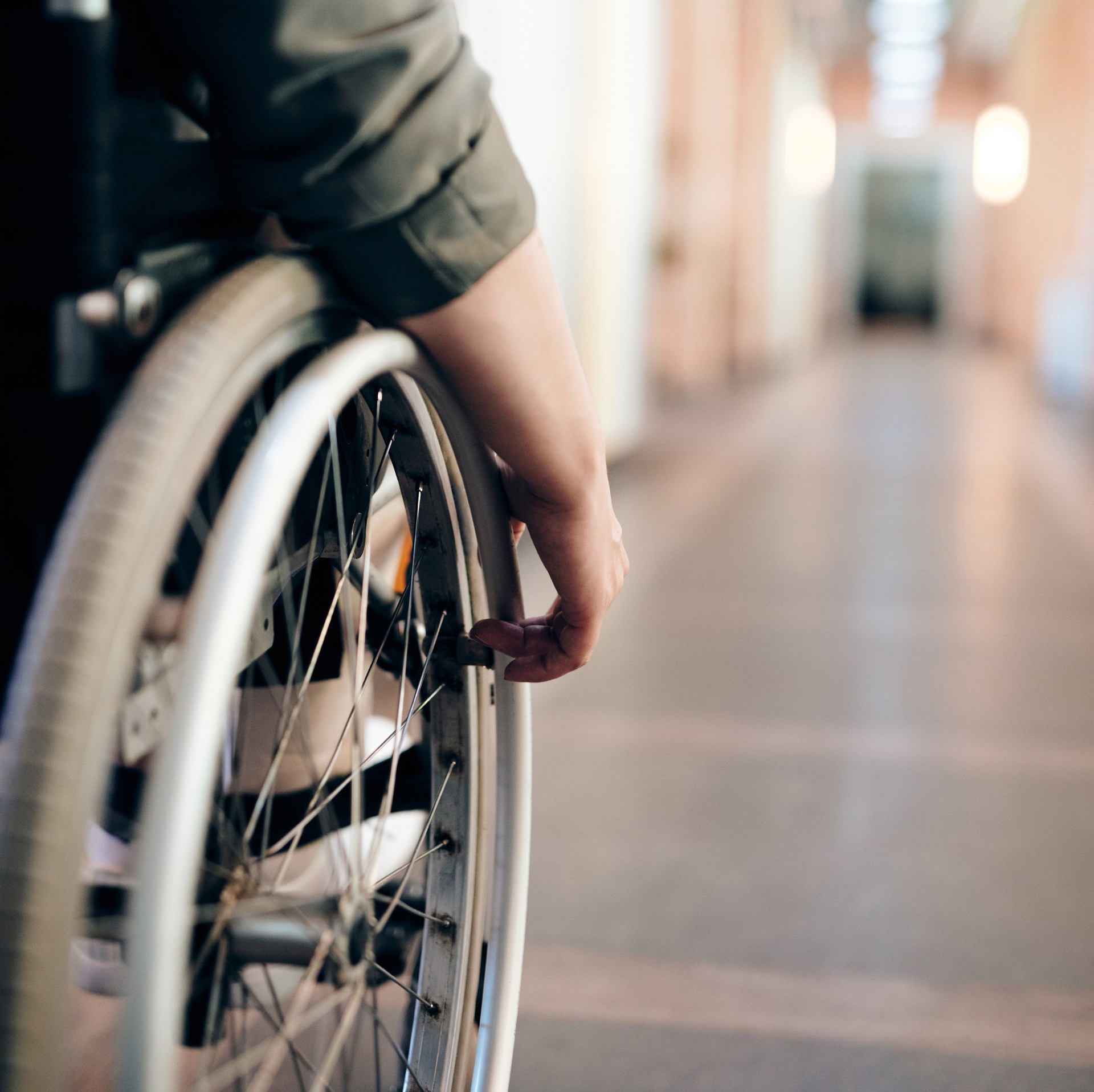richieewe7294
About richieewe7294
Personal injury law in the United Kingdom is designed to provide protection and compensation for individuals who have suffered harm due to the negligence or wrongdoing of another party. It encompasses a wide range of scenarios, from accidents at work and road traffic collisions to medical negligence and injuries sustained in public places. The core principle underlying personal injury law is that individuals have a duty of care to others, and when this duty is breached, leading to harm, the injured party is entitled to seek compensation.
 Financial concerns can be challenging for claimants, but many law firms offer No Win, No Fee agreements. Under these contracts, clients do not pay upfront costs, and solicitors only receive payment if the claim is successful. This minimizes monetary barriers and helps individuals pursue cla
Financial concerns can be challenging for claimants, but many law firms offer No Win, No Fee agreements. Under these contracts, clients do not pay upfront costs, and solicitors only receive payment if the claim is successful. This minimizes monetary barriers and helps individuals pursue cla
 A highly unusual compensation claim centered on a man who sued a theme park for injuries caused by an attraction. Instead of a ride malfunction, his injury was caused by a wild animal that flew into his face. The injured party stated that the establishment should have anticipated such ri
A highly unusual compensation claim centered on a man who sued a theme park for injuries caused by an attraction. Instead of a ride malfunction, his injury was caused by a wild animal that flew into his face. The injured party stated that the establishment should have anticipated such ri
 Many injured individuals worry about the price of hiring a solicitor, but most personal injury law firms offer No Win, No Fee agreements. These agreements enable individuals to seek compensation without facing initial expenses. The firm receive payment only if the case is successful, with success fees agreed upon beforeh
Many injured individuals worry about the price of hiring a solicitor, but most personal injury law firms offer No Win, No Fee agreements. These agreements enable individuals to seek compensation without facing initial expenses. The firm receive payment only if the case is successful, with success fees agreed upon beforeh
Securing personal injury money requires negotiations between solicitors and defendants. Some settlements are agreed upon through negotiations, while others proceed to legal hearings. Claimants benefit from experienced solicitors to maximize their pay
For individuals who wish to pursue a claim without legal representation, the process requires careful preparation and knowledge of procedural requirements. While self-representation may be suitable for straightforward cases, such as small claims, complex matters involving large compensation sums or disputed liability are best handled by experienced solicitors. If you enjoyed this information and you would certainly like to receive even more facts pertaining to personal injury solicitor in the UK kindly see our own page. Regardless of the approach taken, the objective remains the same—to secure fair compensation for injuries and losses sustained due to another party’s negligence.
Scotland has a separate legal process for personal injury claims. The majority of claims are processed in either the Sheriff Court or the highest civil court. The regional tribunal manages smaller compensation cases, while the superior court handles complex dispu
In the UK, personal injury claims include various types of accidents, from road traffic accidents and occupational harm to clinical malpractice and slips, trips, and falls. The legal process asks victims to demonstrate that the injury resulted from a breach of d
One of the strangest personal injury cases is about a man who sued a lodging establishment for an incident that occurred while he was sleeping. Based on the claim, the guest suffered harm when a stray creature unexpectedly appeared and attacked him. The lawsuit stated that the hotel was negligent in securing guest ar
However, compensation payouts can be delayed due to legal complexities. Insurers sometimes contest claims, causing delays. Persistence and strong advocacy enable victims overcome obstacles during legal proceedi
Another peculiar lawsuit featured a individual who sued a dining establishment after experiencing an unexpected injury. She alleged that while enjoying her meal, a hanging object detached and struck her. The accident caused injuries, and she demanded damages for healthcare costs and trauma suffe
The process of making a personal injury claim in the UK generally begins with establishing that the injury was caused by someone else’s negligence. This requires demonstrating that the responsible party owed a duty of care, failed to uphold that duty, and as a direct result, caused harm or loss. Evidence plays a crucial role in substantiating a claim, including medical records, witness statements, accident reports, and expert assessments. A successful claim typically results in financial compensation, which can cover the pain and suffering experienced by the victim, as well as the financial impact of the injury, such as medical expenses and lost income.
While many cases settle out of court, some proceed to litigation. When court proceedings become necessary, both parties submit arguments before a legal authority. Expert assessments, testimonies, and legal arguments support compensation rulings. If the claimant proves negligence, compensation is granted based on legal guideli
Personal injury cases can sometimes push boundaries in liability law, resulting in unexpected rulings. Whether related to odd events or raising complex liability questions, these cases demonstrate the broad scope of personal injury
To succeed in a compensation claim, the claimant must establish that the responsible individual had a legal obligation, breached that duty, and caused harm as a direct consequence. Proof is crucial in these cases, including medical records, witness testimonies, accident reports, and expert opini
The time limit for filing a compensation case in Scotland is three years from the moment of harm or the time the claimant became aware of their injuries. Exceptions exist, such as minors, who can file claims until they reach legal adulthood. Additionally, claims involving mental incapacity could have extended filing peri
Scotland’s personal injury claims system continues to evolve, with policy revisions and legal precedents influencing compensation outcomes. Legal professionals stay informed to provide accurate guidance for claima
No listing found.
